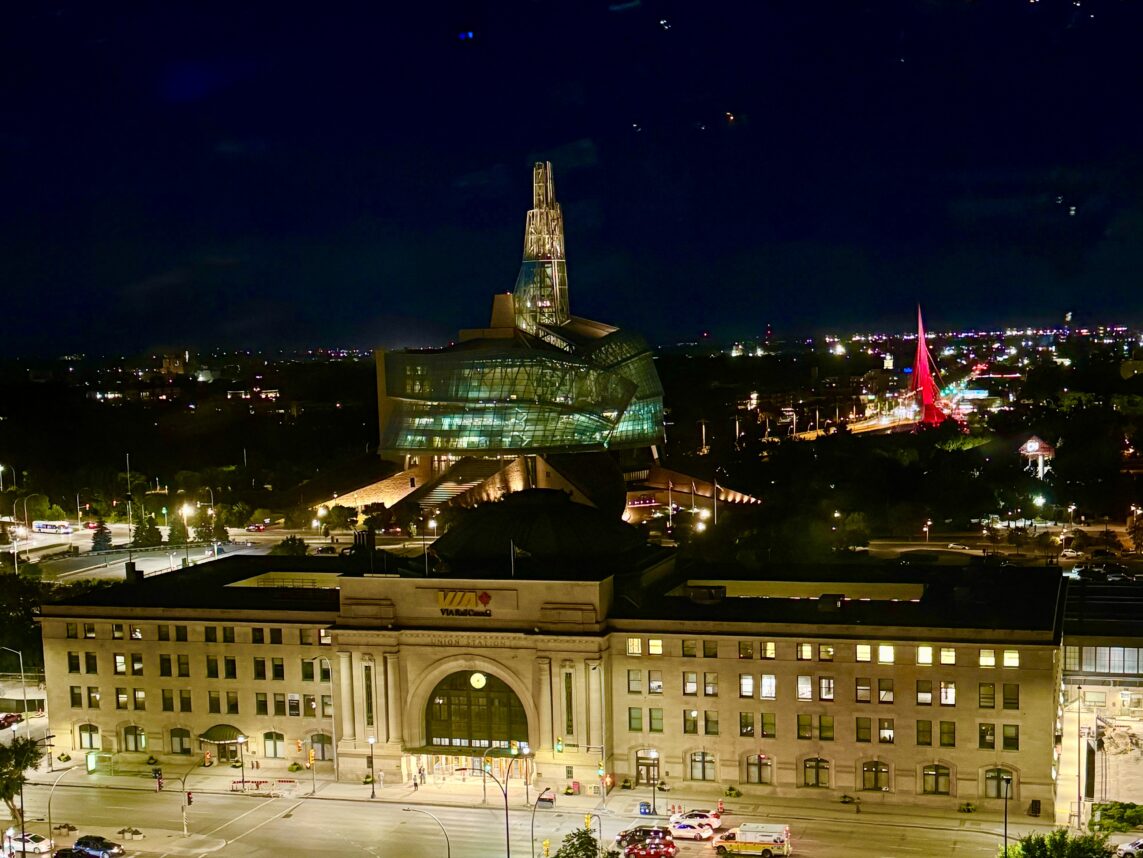For three years, I lived in an apartment in Jerusalem next
to a bus stop. The rhythm of my life quickly adapted to the bus schedule. Just by looking out my bedroom window, I knew
exactly when to leave the house in order to catch the bus.
When I returned to California, I assumed my life’s
association with buses would end. But this was not to be. I live in a
neighborhood where buses abound. And they’re just as loud as those of Jerusalem.
But the associations couldn’t be more different.
In Israel, a bus represented a possible tomb. Each passenger
a could-be suicide bomber. Taking the bus becomes a statement — a statement of
defiance in the face of unrelenting terrorism and the constant threat of death.
I had friends who stopped taking the bus in favor of taxis.
Or if they saw someone who looked suspicious board the bus, they jumped off and
waited for the next to come along. Here, boarding a bus means getting to where
you need to go.
While the buses are different, so is the experience of
Chanukah. Growing up, my family always lit a single menorah in an interior room
of the house. In Israel, I learned the menorah is supposed to be placed near a
window looking out onto the street to publicize the holiday, and each member of
the household should light his own.
I quickly grew to love this enhanced way of honoring events
that happened some 2,000 years ago.
We all know the story of Chanukah. The Greeks occupied the land
of Israel and commandeered our Holy Temple. They outlawed many of our
religious practices and defiled the Temple. Then a group of Jews known as the
Maccabees rebelled, drove the Greeks out and reclaimed the Temple. Topping off
the victory, a flask of oil meant to last just one day, miraculously burned for
eight.
But the battle of Greek vs. Jew ran much deeper than a mere
physical occupation of our land. It was the battle of the two great forces —
spirituality vs. physicality.
Greek culture placed beauty and intellect above spirituality
and religion. It honored and revered all that the physical world represented.
In their aspiration for aesthetic idealism, however, the Greeks denied the
transcendence of the human spirit and rejected any notion of metaphysical
reality.
Thus it should not surprise us that the Greeks fought so
desperately to uproot Torah, the spiritual compass for morality and
spirituality.
Judaism teaches that the potential for human greatness is
achieved not through the ascendancy of the physical, but by subjugation of the
physical to the spiritual. We strive to break through the bounds of physical
limitation and aspire for a higher reality, one that lies beyond materialism,
beyond superficiality.
The Greeks enjoyed a high measure of success in “converting”
Jews who succumbed to the attractions of Greek secular life. These Jews, known
as Hellenists, thrived in the cultural ambivalence offered by the Greeks to
such an extent, that Jewish tradition was on the verge of disintegration.
The Jewish people had survived attempts by the Babylonians
and the Persians to destroy them physically and spiritually, but never before
had a movement from within sought to redefine the beliefs and practices that
had shaped the Jewish national character since the time of Abraham.
Ultimately, the Macabbees routed the Greeks, the Temple was
rededicated, the oil miraculously burned for eight days and the Hellenists were
discredited. And just who were these victorious Macabbees? None other than the
Cohanim, or the priests, of the nation.
On Chanukah, therefore, we celebrate the victory of
traditional Jewish culture over both the external forces that strove to
overturn it, and the forces within that wished to dilute it.
Today we find ourselves in much the same shoes, but in an
even more complicated mixture. Ideological sects lay claim to spiritual
authenticity, separatist movements labor to set themselves apart and
multiculturists demand a coming together. Terrorism, ethnic cleansing and hate
crimes prod us to wonder if we may not be better off abandoning our culture and
religion.
Had the ancient Greeks not sensed their beliefs were
threatened by Jewish monotheism, they would not have fought so desperately to
crush Judaism. Had the Hellenist Jews felt more secure in the traditions of
their ancestors, they would never have contemplated compromising their heritage
by pursuing Greek culture with such fervor.
The one who knows what he believes and why is both immune to
the attraction of foreign culture and tolerant of sincere alien belief. He will
be neither bullied nor seduced by the philosophies of others, because he is
secure in his own. He will be able to live in harmony with others and work
together for the common welfare without sacrificing his ideals or compromising
his values.
One of the timeless lessons of Chanukah is that the light
endures. For more than 2,000 years, the lights of Chanukah have burned as a
symbol of spiritual wisdom. And it is the menorah that represents the way the
soul finds its expression in this world. No matter how much darkness surrounds
us, we still light the menorah, because we know who we are and who we can be.
This year, proudly place your menorah in a spot where the
outside world can gaze in and see your spiritual light illuminate the darkness.
Because sometimes a bus ride isn’t just a bus ride. Â
Marisa N. Pickar is a freelance journalist living in Laguna Woods.






















 More news and opinions than at a Shabbat dinner, right in your inbox.
More news and opinions than at a Shabbat dinner, right in your inbox.